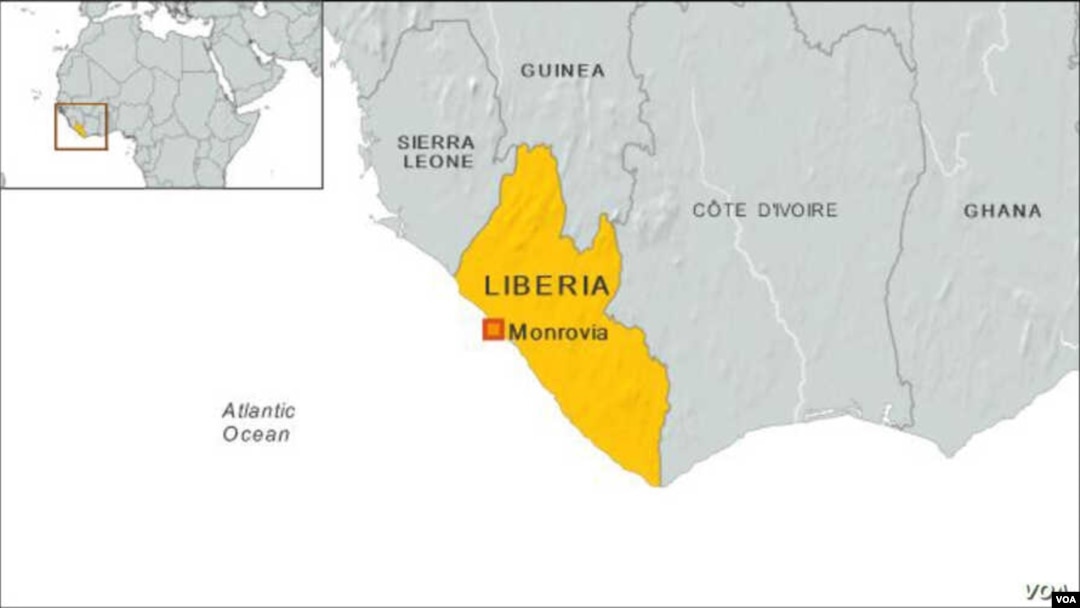In his resignation letter on Friday, Sesay said he took full responsibility for the crisis. The office of the President Julius Maada Bio later announced that the energy ministry would fall under the direct supervision of the president.
Shortly after Sesay's resignation, the government said in a statement that it had paid $17 million of the $48 million owed to Turkey's Karpowership, which provides electricity to the capital Freetown.
A spokesman for the company confirmed the payment to Reuters and said full electricity supplies had been restored to the capital.
"We are pleased to confirm that the power supply at full capacity to Sierra Leone has been restored," the company said in a statement.
Since mid-April, Freetown and the cities of Bo, Kenema and Koidu have experienced multi-day stretches without electricity.
In an email to Reuters on April 19, Karpowership said it was owed $48 million and had scaled down supplies to six megawatts from 60 megawatts.
At that time, it said it had not received payment from the government of Sierra Leone for "a protracted period" and was therefore unable to pay fuel suppliers on behalf of the West African country.
In September, Karpowership switched off the electricity supply to Freetown over an unpaid debt of around $40 million, authorities said at the time.
Hospitals have struggled to cope, with at least one infant at the main children's hospital having died due to the blackout, according to doctor Jeredine George. Medics had been using their mobile phone torches to carry out procedures, she said, while many had taken to social media to express their frustration.
The government statement also said it had paid $1.5 million to TRANSCO-CLSG, another electricity provider, which supplies the south and east of the country.
Reuters could not confirm the total sum that provider was owed.




